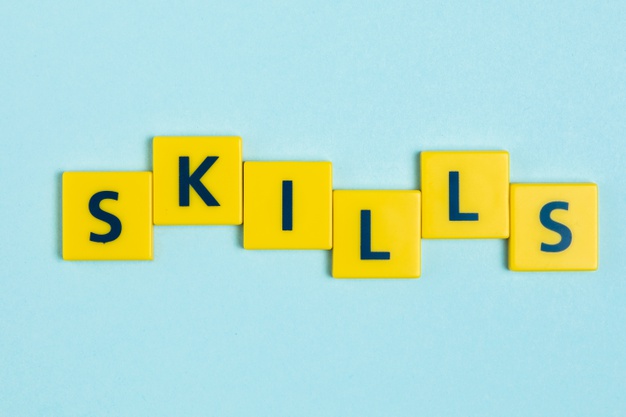No matter how much we want to acquire a new skill, there is never enough time to do everything and learn everything we want to know.
However, from now on, you can remove the phrase “I don’t have time” from your vocabulary. We share a method that will allow you to learn anything in just 20 hours.
Author Josh Kaufman, passionate about learning new things, decided to find the answer to the question of how long it really takes to master a skill. The answer was not encouraging at all: 10,000 hours!
So Kaufman decided to break the paradigm in an extreme way. How much time do you really need to go from being completely incompetent to being reasonably good? And the answer is motivating: 20 hours.
The goal is not to become an “expert”, but to be good enough in the desired skill.
It only takes 45 minutes a day for about a month, but you need to be smart about how to practice and make sure you spend that time in the most effective way. For this reason, the author suggests four fundamental steps:
How To Learn A New Skill Quickly And Effectively
1. Deconstruct The Skill
Analyze and find out what you really want to know when you have finished “learning”.
Many skills can be divided into small skills. Once the skill is deconstructed, it is much easier to identify which secondary skills seem to be more important.
Then you can identify the most important things to practice first.
2. Learn To Choose The Right Tools
Choosing an exaggerated bibliography is an excellent excuse to postpone learning. You only need between three and five reliable and well-chosen sources to achieve your goals, such as books, magazines, DVDs, or any other material.
3. Remove Barriers
Get rid of what distracts you from work; Television, the Internet, and other distractions can make it difficult to practice and make it difficult to acquire skills. Make the best use of your time.
4. Practice For At Least 20 Hours
Feeling incompetent leads us to think that we are stupid, and that is always another obstacle to achieving our goal.
Spend at least 20 hours learning something new and you will automatically overcome the barrier of frustration.
Kaufman demonstrates his theory with a case study based on his personal experience of learning to play the ukulele.
First, the author started scanning music databases to see how to play music. Then he realized that the chords were repeating endlessly and realized that with just four or five chords he could play almost any song.
“The main barrier to skill acquisition is not intellectual … it is emotional,” says Kaufman. “We are afraid of failure; we are afraid of being embarrassed. Feeling stupid is not fun.”
So you no longer have an excuse not to learn what interests you. We can all invest 20 hours a month to obtain this new knowledge that we desire so much.
Preview photo credit DEPOSITPHOTOS
Based on materials from El Confidencial






